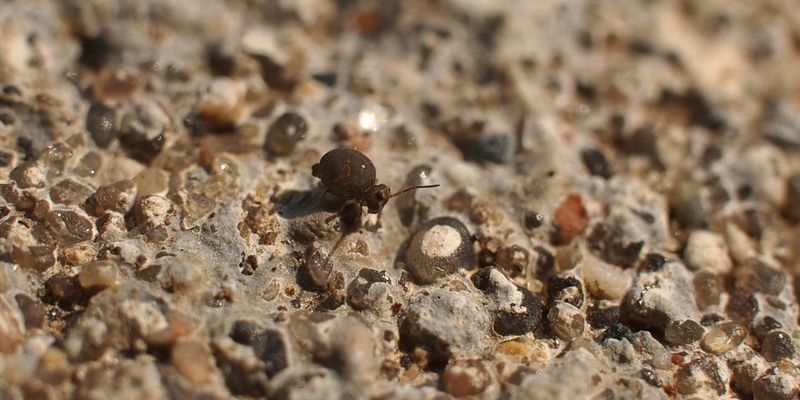Project
Mobilization of biodiversity data on soil mesofauna across European Russia biomesClosed

The project will aggregate and standardize biodiversity data from a range of biomes from across European Russia for the two of the region's most abundant groups of soil-dwelling arthropods: springtails (Entognatha: Collembola) and oribatid mites (Arachnida: Sarcoptiformes). Training activities aim to familiarize Russian soil zoologists with the concept of open science.
The global gap in below-ground biodiversity data is particularly evident for Russia. This contrasts long traditions of soil zoological research and large volumes of data that were collected during the second half of the 20th century for the territory of USSR. Unfortunately, most of these data are non-digitalized or non-standardized.
The current project focuses on the two most abundant groups, curating and preparing datasets from wide-ranging personal collections data accumulated by two soil ecologists and taxonomic experts, Dr Natalia Kuznetsova and Dr Andrey Zaitsev.
Project Progress
The project has delivered 20 datasets, collecting biomes across European Russia that has been compiled from private archives which have been standardized and accompanied with detailed metadata and published through GBIF, resulting in 48,580 georeferenced occurrences. The project activities has increased the number of Collembola occurrences for European Russia in GBIF 100-fold, and the number of Sarcoptiformes occurrences 10-fold, successfully filling the gap in the open data on soil mesofauna biodiversity for the region.
An open cross-institutional seminar/workshop was conducted at the Institute of Ecology and Ecolution RAS involving 17 soil zoologists from 13 institutes from 9 regions across Russia. The workshop, individual consultations for soil biodiversity experts across Russia, and the web portal that were organized or developed during the project helped in promoting open science principles among Russian soil zoologists and initiate the data mobilization in the community.
The project activities and results will be advertised during the conferences in Leiden in October 2019, Biodiversity Next, and Ekaterinburg in April 2020, Institute of Natural Sciences and Mathematics. The latter meeting is seen as a platform for joint discussion of future open data initiatives among soil zoologists in Russia.
The website will be maintained. There will be a questionnaire on the portal to collect information on the perception of the open data practices among Russian soil zoologists.
